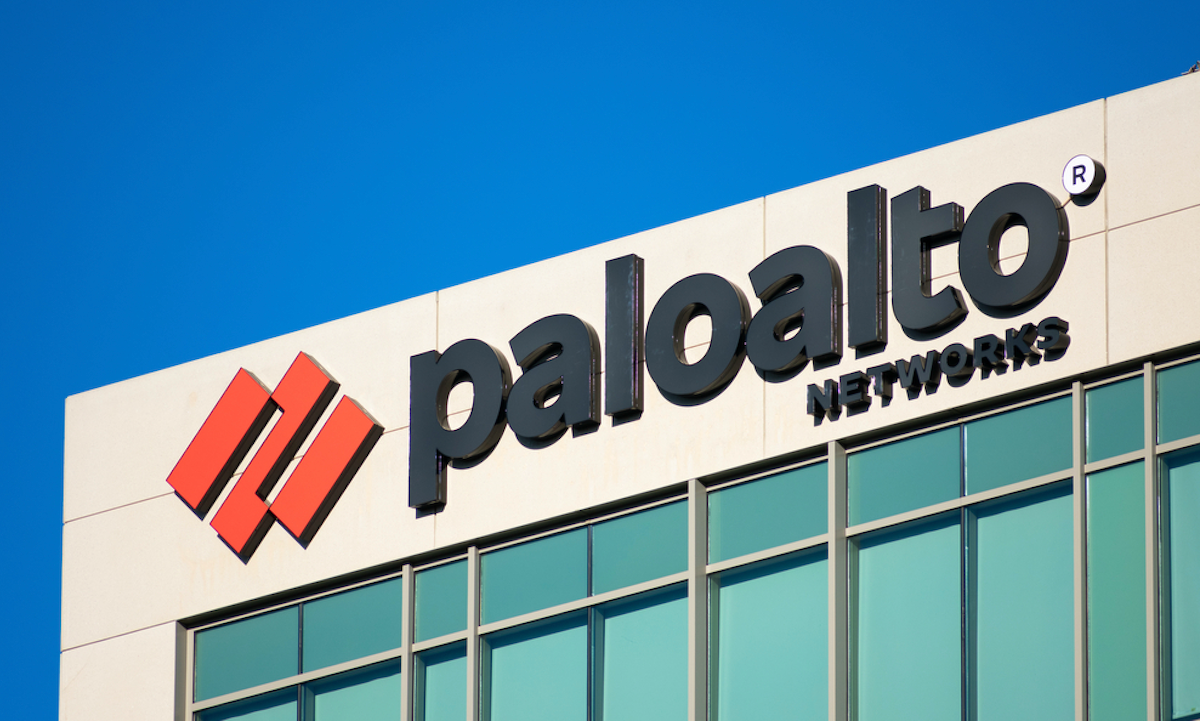AI Insights
Xpeng, Smaller EV Makers Kick Sales Goals in China as BYD Stalls

As BYD Co. weathers a rough patch atop China’s market for new-energy vehicles, other, smaller players are surpassing their sales goals by leaning into demand for cheaper cars.
Source link
AI Insights
5 critical questions every organization should ask before selecting an AI-Security Posture Management solution

In the era of rapidly advancing artificial intelligence (AI) and cloud technologies, organizations are increasingly implementing security measures to protect sensitive data and ensure regulatory compliance. Among these measures, AI-SPM (AI Security Posture Management) solutions have gained traction to secure AI pipelines, sensitive data assets, and the overall AI ecosystem. These solutions help organizations identify risks, control security policies, and protect data and algorithms critical to their operations.
However, not all AI-SPM tools are created equal. When evaluating potential solutions, organizations often struggle to pinpoint which questions to ask to make an informed decision. To help you navigate this complex space, here are five critical questions every organization should ask when selecting an AI-SPM solution:
#1: Does the solution offer comprehensive visibility and control over AI and associated data risk?
With the proliferation of AI models across enterprises, maintaining visibility and control over AI models, datasets, and infrastructure is essential to mitigate risks related to compliance, unauthorized use, and data exposure. This ensures a clear understanding of what needs to be protected. Any gaps in visibility or control can leave organizations exposed to security breaches or compliance violations.
An AI-SPM solution must be capable of seamless AI model discovery, creating a centralized inventory for complete visibility into deployed models and associated resources. This helps organizations monitor model usage, ensure policy compliance, and proactively address any potential security vulnerabilities. By maintaining a detailed overview of models across environments, businesses can proactively mitigate risks, protect sensitive data, and optimize AI operations.
#2: Can the solution identify and remediate AI-specific risks in the context of enterprise data?
The integration of AI into business processes introduces new, unique security challenges beyond traditional IT systems. For example:
- Are your AI models vulnerable to adversarial attacks and exposure?
- Are AI training datasets sufficiently anonymized to prevent leakage of personal or proprietary information?
- Are you monitoring for bias or tampering in predictive models?
An effective AI-SPM solution must tackle risks that are specific to AI systems. For instance, it should protect training data used in machine learning workflows, ensure that datasets remain compliant under privacy regulations, and identify anomalies or malicious activities that might compromise AI model integrity. Make sure to ask whether the solution includes built-in features to secure every stage of your AI lifecycle—from data ingestion to deployment.
#3: Does the solution align with regulatory compliance requirements?
Regulatory compliance is a top concern for businesses worldwide, given the growing complexity of data protection laws such as GDPR (General Data Protection Regulation), NIST AI, HIPAA (Health Insurance Portability and Accountability Act), and more. AI systems magnify this challenge by rapidly processing sensitive data in ways that can increase the risk of accidental breaches or non-compliance.
When evaluating an AI-SPM solution, ensure that it automatically maps your data and AI workflows to governance and compliance requirements. It should be capable of detecting non-compliant data and providing robust reporting features to enable audit readiness. Additionally, features like automated policy enforcement and real-time compliance monitoring are critical to keeping up with regulatory changes and preventing hefty fines or reputational damage.
#4: How well does the solution scale in dynamic cloud-native and multi-cloud architectures?
Modern cloud-native infrastructures are dynamic, with workloads scaling up or down depending on demand. In multi-cloud environments, this flexibility brings a challenge: maintaining consistent security policies across different providers (e.g., AWS, Azure, Google Cloud) and services. Adding AI and ML tools to the mix introduces even more variability.
An AI-SPM solution needs to be designed for scalability. Ask whether the solution can handle dynamic environments, continuously adapt to changes in your AI pipelines, and manage security in distributed cloud infrastructures. The best tools offer centralized policy management while ensuring that each asset, regardless of its location or state, adheres to your organization’s security requirements.
#5: Will the solution integrate with our existing security tools and workflow?
A common mistake organizations make when adopting new technologies is failing to consider how well those technologies will integrate with their existing systems. AI-SPM is no exception. Without seamless integration, organizations may face operational disruptions, data silos, or gaps in their security posture.
Before selecting an AI-SPM solution, verify whether it integrates with your existing data security tools like DSPM or DLP, identity governance platforms, or DevOps toolchains. Equally important is the solution’s ability to integrate with AI/ML platforms like Amazon Bedrock or Azure AI. Strong integration ensures consistency and allows your security, DevOps, and AI teams to collaborate effectively.
Key takeaway: Make AI security proactive, not reactive
Remember, AI-SPM is not just about protecting data—it’s about safeguarding the future of your business. As AI continues to reshape industries, having the proper tools and technologies in place will empower organizations to innovate confidently while staying ahead of emerging threats.
Learn how Zscaler can help address AI and Data security with a comprehensive AI-Powered DSPM solution. Schedule a custom 1:1 demo today.
AI Insights
Palo Alto Networks CEO Says Enterprises Cautious on Agentic AI

Enterprises may be cautious about adopting agentic artificial intelligence browsers, due to worries about the technology’s autonomy, Palo Alto Networks CEO Nikesh Arora said Thursday (Sept. 4).
AI Insights
AI tools could shorten ‘diagnostic odyssey’ for patients with rare diseases

July 1, 2014
Vanderbilt selected to participate in Undiagnosed Diseases Network
Armed with a $7.2 million grant from the National Institutes of Health (NIH) Vanderbilt University Medical Center is one of six medical centers around the country selected to participate in a network to develop effective approaches for diagnosing hard-to-solve medical cases (undiagnosed diseases).
By Nancy Humphrey
-

 Business1 week ago
Business1 week agoThe Guardian view on Trump and the Fed: independence is no substitute for accountability | Editorial
-
Tools & Platforms3 weeks ago
Building Trust in Military AI Starts with Opening the Black Box – War on the Rocks
-

 Ethics & Policy1 month ago
Ethics & Policy1 month agoSDAIA Supports Saudi Arabia’s Leadership in Shaping Global AI Ethics, Policy, and Research – وكالة الأنباء السعودية
-

 Events & Conferences4 months ago
Events & Conferences4 months agoJourney to 1000 models: Scaling Instagram’s recommendation system
-

 Jobs & Careers2 months ago
Jobs & Careers2 months agoMumbai-based Perplexity Alternative Has 60k+ Users Without Funding
-

 Education2 months ago
Education2 months agoVEX Robotics launches AI-powered classroom robotics system
-

 Funding & Business2 months ago
Funding & Business2 months agoKayak and Expedia race to build AI travel agents that turn social posts into itineraries
-

 Podcasts & Talks2 months ago
Podcasts & Talks2 months agoHappy 4th of July! 🎆 Made with Veo 3 in Gemini
-

 Podcasts & Talks2 months ago
Podcasts & Talks2 months agoOpenAI 🤝 @teamganassi
-

 Education2 months ago
Education2 months agoMacron says UK and France have duty to tackle illegal migration ‘with humanity, solidarity and firmness’ – UK politics live | Politics

